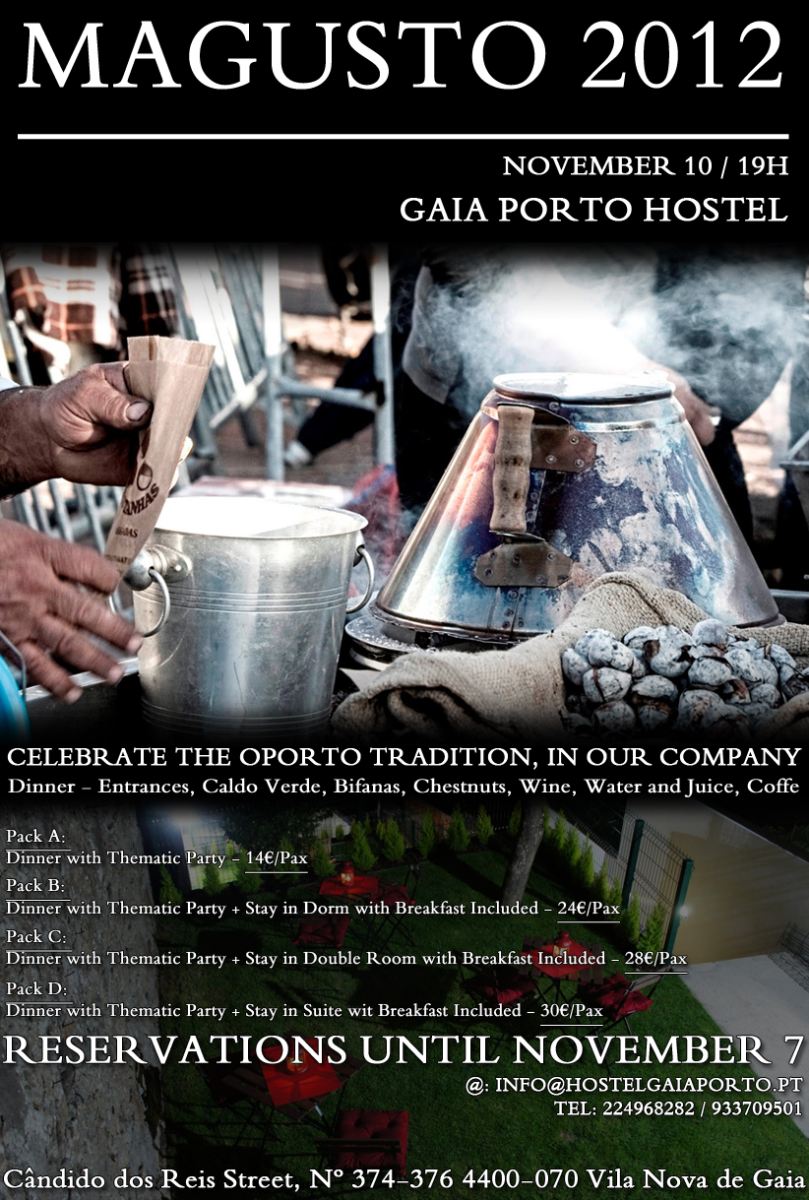11 October 2012, Thursday .
Parties 
As I have noticed we are all, at this time of year, to live the summer of St. Martin. The legend is curious and has a meaning climate very well marked.
There is much talk about "global warming" and on climate change and there is a tendency of the media and people in general, in valuing certain weather events, to be framed in any disaster. One of the most typical examples is called Summer St. Martin.
So a question arises soon? Is this high insolation, accompanied by mild temperatures, a sign of climate change to anthropogenic causes? My answer is no and I will explain why.
St. Martin lived in the Middle Ages. Born in the year 316 AD and 337 AD was the year that takes the legendary episode in which St. Martin sharing his cloak with a beggar.
The story was about this and I will briefly describe.
On a blustery autumn day the soldier S. Martin came across on your way with a poor beggar almost naked, shivering. Seeing this situation S. Martin did not hesitate took his cloak, cut it in half and gave one half to the beggar.
Mal overdressed and under a downpour, S. Martin went on his way happy to have helped someone in trouble. But suddenly, the storm stopped, the sky was cloudless and it stopped raining. The cold finished. The legend states that have been seeing God's goodness S. Martin decided to give some comfort to your trip by improving weather.
This legend is in fact a translation climate and weather. That is, the frequency of sunny days in November with relatively high temperatures is a fact that has high frequency and which tends to repeat itself over the years. Judging from the time when S. Martin lived, there is already some centuries ago, and who knows, in the Middle Ages, the ability that man had to change the climate was almost nil.
Is it normal that in November, an anticyclone is install in Western Europe (remember that St. Martin was French), as is the example of the figure below, which represents the situation of 7 November.
Installing this anticyclones this time of year is a fact studied and considered perfectly normal. Can cause mild temperatures and dryness in some situations outononal.
If it is "normal", then there is nothing extraordinary, especially if no record of these situations for several centuries, at least since the time of S. Martin lived.
It is typical of Mediterranean climates that heat and dryness summer may be long in the fall, as well as the cold Wintry extends by spring.
The relatively warm and dry weather we have experienced this autumn is therefore normal and fits within the natural climate variability. These situations have already registered in the past, even in times where the theme of climate change nor seuqer was studied.
However, there may be a trend of worsening of these phenomena, ie extreme cases increasingly intense (eg longer droughts, relatively cool summers, the pair of extremely rainy winters or extremely dry).
So, you know. November 11, visit the city of Porto, taste the best traditional flavors of the city, always with us.
The Hostel Gaia Porto want - you a good S. Martin.

Come spend some really good time with us. It´s coming the first great Hostel Gaia Porto´s party.

return to posts »